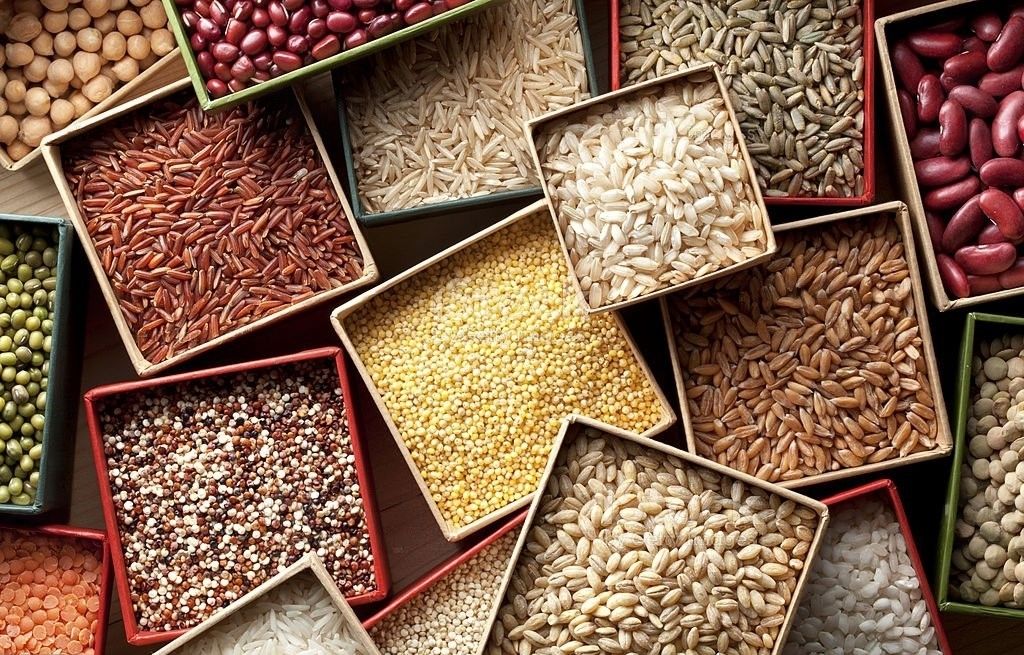The Goodness of Millets: Why You Should Eat Them for Better Health
Millets are super healthy and offer many good things for our body.

Millets, often referred to as "nutri-cereals," are a group of small-seeded grains that have been a staple food in many parts of the world for thousands of years. While they may not be as well-known as rice, wheat, or maize, millets offer a plethora of health benefits that make them an excellent addition to your diet. In this blog, we will delve into the scientific research behind millets and explore why you should consider incorporating these ancient grains into your daily meals.
The Nutritional Powerhouses - Millets
Before we dive into the benefits of millets, let's first understand what makes these grains so exceptional.
- Rich in Nutrients: Millets are packed with essential nutrients such as fiber, vitamins (B-complex vitamins, especially niacin and B6), minerals (iron, magnesium, phosphorus, and zinc), and antioxidants. These nutrients are vital for various bodily functions, including energy production, immune support, and bone health.
- Low in Glycemic Index: Millets have a low glycemic index (GI), which means they release glucose into the bloodstream gradually. This characteristic can help stabilize blood sugar levels and prevent spikes and crashes, making millets an excellent choice for individuals with diabetes or those looking to manage their weight.
- Gluten-Free: For individuals with gluten sensitivities or celiac disease, millets are a safe alternative to wheat and other gluten-containing grains.
Benefits of Consuming Millets
1. Improved Heart Health
Millets are heart-healthy grains due to their high fiber content, which can help reduce cholesterol levels and lower the risk of heart disease. The magnesium in millets also plays a crucial role in maintaining a healthy heartbeat and blood pressure.
2. Weight Management
The low glycemic index of millets helps control appetite and prevent overeating. The fiber in millets keeps you feeling full for longer, reducing the overall calorie intake and supporting weight loss or maintenance.
3. Better Digestion
Millets are rich in dietary fiber, promoting healthy digestion by preventing constipation and supporting a balanced gut microbiome.
4. Diabetes Management
The slow release of glucose from millets helps regulate blood sugar levels, making them an excellent choice for individuals with diabetes. Niacin (vitamin B3) in millets may also improve insulin sensitivity.
5. Enhanced Nutrient Absorption
Millets contain compounds that can enhance the absorption of essential minerals like iron and zinc, ensuring your body gets the most out of these nutrients.
SUMMARY
Millets are nutritional powerhouses that offer a wide range of health benefits. They are rich in essential nutrients, low on the glycemic index, gluten-free, and support heart health, weight management, digestion, diabetes management, and enhanced nutrient absorption. Incorporating millets into your diet can be a simple yet effective way to improve your overall health and well-being.
Jayti Shah is a Clinical Nutritionist with a master's degree in Clinical Nutrition and Dietetics. She is a member of the Indian Dietetic Association (IDA). Over the last 9 years, she has helped 400 clients in their clinical and weight loss journeys. She works with SocialBoat as a nutrition consultant.
At SocialBoat, we offer custom diet plans and guided workouts to help you achieve your goals in a 360-degree approach. Our gamified experience ensures that you don’t find workouts boring and we reward you for being consistent with your efforts.

REFERENCES
- Sridhar, K. R. (2018). Rediscovering Millets as Nutritious Foods. In Handbook of Food Science and Technology 3 (pp. 2875-2892). Springer.
- Gupta, A. K., Singh, A. K., & Singh, R. (2016). Biofortified crops generated by breeding, agronomy, and transgenic approaches are improving lives of millions of people around the world. Frontiers in Plant Science, 7, 1607.
- Fardet, A. (2010). New hypotheses for the health-protective mechanisms of whole-grain cereals: what is beyond fibre? Nutrition Research Reviews, 23(1), 65-134.
- Saleh, A. S., Zhang, Q., & Shen, Q. (2013). Millet grains: nutritional quality, processing, and potential health benefits. Comprehensive Reviews in Food Science and Food Safety, 12(3), 281-295.
